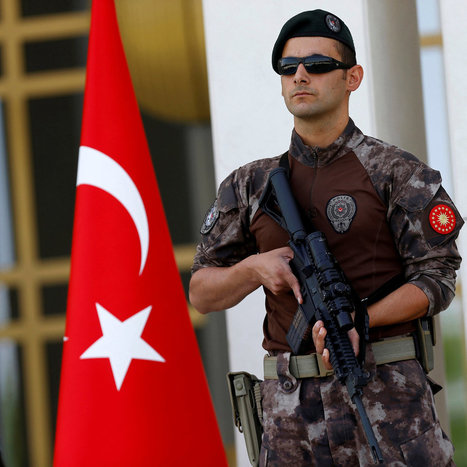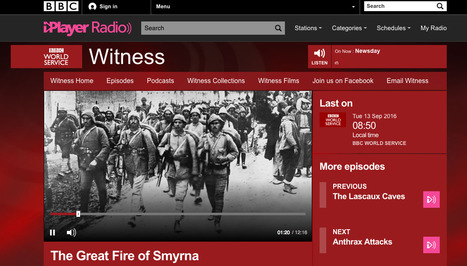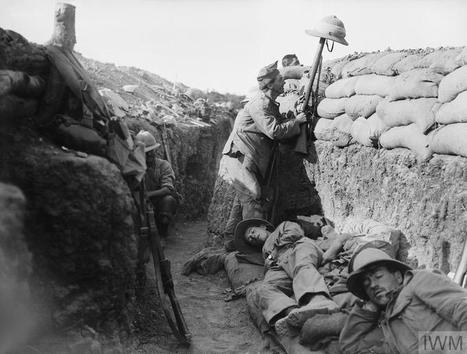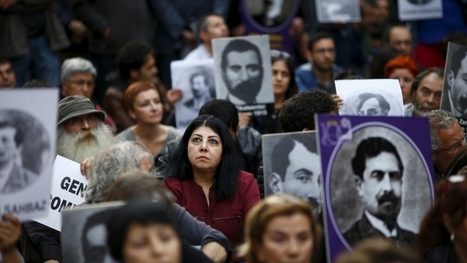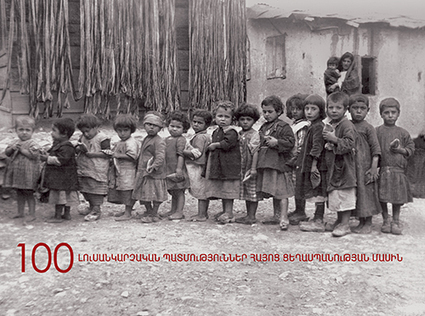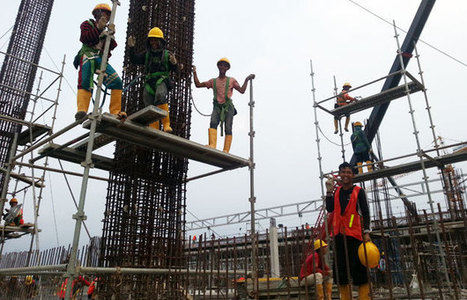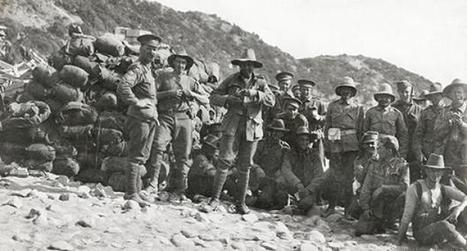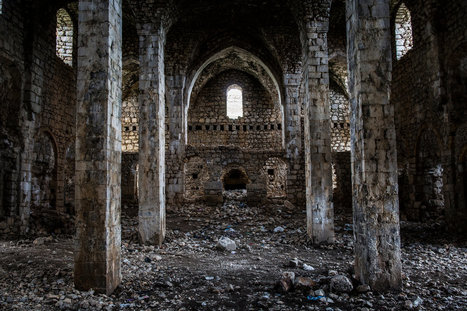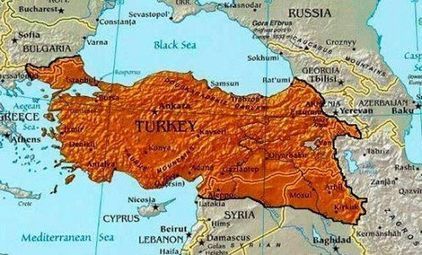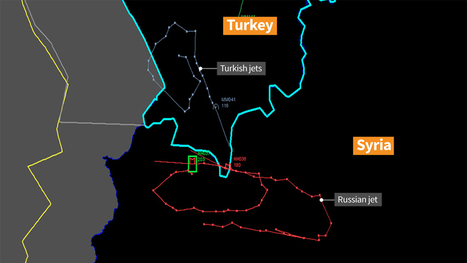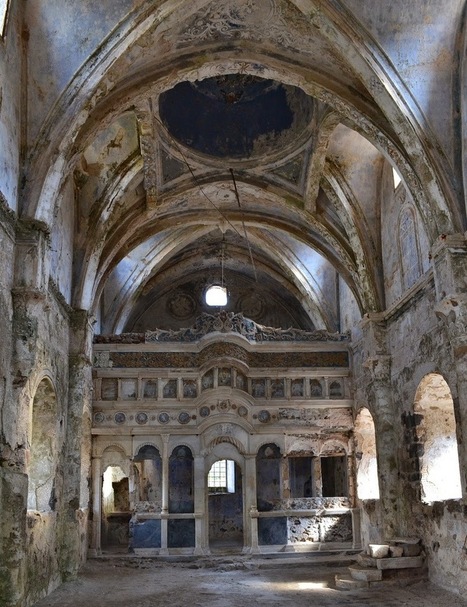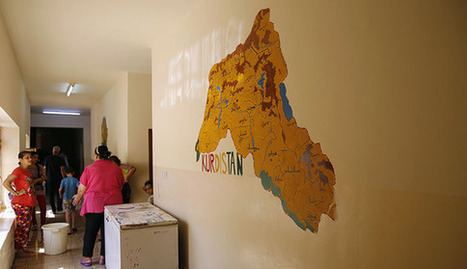 Your new post is loading...
 Your new post is loading...
The state of emergency in place since last summer’s coup attempt against President Recep Tayyip Erdogan resumes today for another three months, following a decision by the country’s security council. Emergency rule has now been extended four times. Over its course, more than 50,000 people have been arrested, and twice as many sacked from government jobs, including over 7,000 dismissals over the past week. On the anniversary of the coup Mr Erdogan said emergency rule would lapse only when “we no longer need to fight terrorism”, and vowed to reinstate the death penalty and “rip off” the coup plotters’ heads. Using the crisis as cover, the government has already locked up leading Kurdish politicians; the secular opposition may be next. Mr Erdogan accuses its leader, who recently led the biggest protest in years, of siding with Turkey’s enemies. The failed coup increasingly resembles a successful one—for the other side. Tags: political, MiddleEast, Turkey.
Archaeologists working at the Alacahöyük site in the Anatolian province of Corum, Turkey, have discovered a skeleton dating back to the Hittite era; the first time human remains from this time period have ever been found. A rare secret passage, believed to be 3,300-years-old, has also been unearthed at the site. Alacahöyük, the location of …
Via rita roberts
Armenian American journalist Liana Aghajanian says the German parliament's decision is all the more groundbreaking because it was a politician of Turkish descent who pushed it through. The German Bundestag's overwhelming vote last week in favor of this resolution, with just one vote against and one abstention, brought both gratitude and anger. Armenian communities, many of them descendants of genocide survivors who are dispersed across the world, are grateful. Turkey, however, was incensed and recalled its ambassador to Germany. Many Turks see the vote as not just a threat to longstanding German-Turkish relations, but to Turkish national identity.
Via Mike Busarello's Digital Storybooks
"The curriculum 'Empire, Republic, Democracy: A History of Turkey' traces the final years of the Ottoman Empire, the birth of the Turkish Republic, and contemporary issues in Turkey. Learn more at www.choices.edu/turkey "
“For most of the world, the Armenian Genocide is the slaughter you know next to nothing about. But every year on April 24, Genocide Remembrance Day, we Armenians remember the injustice of a crime that is rarely acknowledged and often flatly denied. It was April 24, 1915, when the Armenian intellectuals, professionals, editors and religious leaders in Constantinople were rounded up by the Ottoman authorities — and almost all of them executed. During World War I, the Ottoman Empire killed three of every four of its Armenian citizens. The majority of Armenians alive today are descendants of the few survivors.”
Via Mike Busarello's Digital Storybooks
"In 2001 the world began talking about the Bric countries - Brazil, Russia, India and China - as potential powerhouses of the world economy. The term was coined by economist Jim O'Neill, who has now identified the 'MINT' countries - Mexico, Indonesia, Nigeria and Turkey - as emerging economic giants. Here he explains why." Tags: Mexico, Indonesia, Nigeria, Turkey, economic, development.
Via Ben Salve
|
Turkish denials have long rested on the lack of documentary evidence. But a researcher says he has found a crucial telegram about the World War I-era atrocity.
Via Kent College History
Erdogan’s aggressive nationalism is now spilling over Turkey’s borders, grabbing land in Greece and Iraq. In the past few weeks, a conflict between Ankara and Baghdad over Turkey’s role in the liberation of Mosul has precipitated an alarming burst of Turkish irredentism. President Erdogan criticized the Treaty of Lausanne, which created the borders of modern Turkey, for leaving the country too small. Turkey won’t be annexing part of Iraq anytime soon, but this combination of irredentist cartography and rhetoric nonetheless offers some insight into Turkey’s current foreign and domestic policies and Ankara’s self-image. The military interventions and confrontational rhetoric this nationalism inspires may worsen Turkey’s security and regional standing. Tags: political, irredentism, culture, Turkey, historical, borders, empire, geopolitics.
Via CT Blake
"As the UK prepares for what looks like a slow and painful divorce from the European Union, the people of Turkey are wondering how their relationship with Europe will now develop. The government in Ankara has been seeking to strengthen its case to join the EU, but as Europe grapples with Brexit - is the Turkey's membership closer or further away?"
Russian warplane crashes in Latakia province in Syria and two pilots seen ejecting from the aircraft.
Ninety-five years ago today, European diplomats gathered at a porcelain factory in the Paris suburb of Sèvres and signed a treaty to remake the Middle East from the ashes of the Ottoman empire. The plan collapsed so quickly we barely remember it anymore, but the short-lived Treaty of Sèvres, no less than the endlessly discussed Sykes-Picot agreement, had consequences that can still be seen today. We might do well to consider a few of them as the anniversary of this forgotten treaty quietly passes by. Tags: devolution, historical, political, states, borders, political, Turkey.
Via Mike Busarello's Digital Storybooks
As the likelihood of an independent Kurdish state on Turkey’s eastern border grows, Ankara is losing its historical resistance to the idea.
Developments in Iraq have left Turkey facing the prospect of an independent Kurdish state on its eastern border. Such an idea would have been abhorrent for Turkey a mere decade ago for fear that its existence would incite separation among its own restive Kurds. The standard Turkish narrative at the time was that an independent Kurdistan was a Western project aimed at destroying Turkey, an age-old ambition. Even the 2003 US invasion of Iraq was viewed in this context by many. The picture is no longer so black and white.
|



 Your new post is loading...
Your new post is loading...

